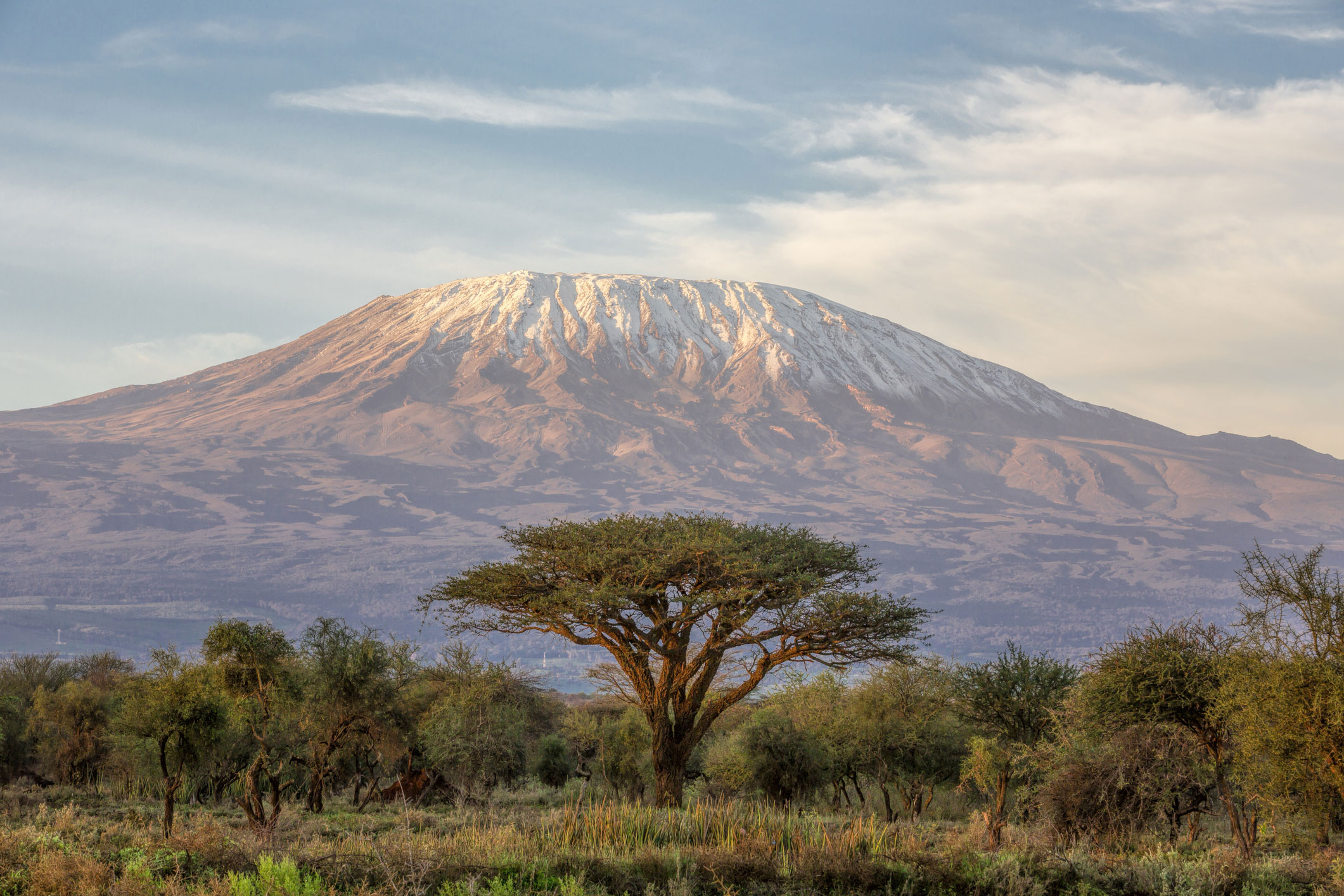African Climate Change: 4IR & Sustainable Development

Africa’s priority areas for sustainable development have shown a mixture of challenges and progress. On a continent where over 340 million people lack access to safe drinking water, sustainability must be prioritized over many other factors in the Fourth Industrial Revolution.
Industrial activity will have increasing impact on Africa
Since colonial times, Africa has played a role of supplier of commodities to the industrialized world. This makes these economies vulnerable to price fluctuations. Sadly, this is largely still the case, although many countries within the continent’s fragmented economy are experiencing industrial growth.
The industrial revolution and sustainable development in Africa
The African Union has developed continental frameworks and specific projects which aim to add value to Africa’s commodities, reduce and remove barriers to intra-African trade and create a bigger market for African products and services.
How does climate change affect sustainable development in Africa?
Climate change worsens existing risks and creates new ones for natural and man-made systems. Although Africa contributes very little to planetary warming, the continent is disproportionately vulnerable to the impact of climate change. This is because of the numerous biophysical, political, and socioeconomic stress factors which reduce this continent’s capacity to adapt.
Climate change clearly poses economic, social, and political threats which slow efforts towards sustainable development – thereby limiting abilities and opportunities to adapt to climate change.
How does climate change affect South Africa?
Increased temperatures and lower rainfall are expected as a result of global warming. This will reduce water resources, which are already under immense pressure, leading to more droughts across the country. Remember the devastation caused by the Cape drought several years ago to industries such as the wine industry, agriculture in general and even tourism. Most of Africa’s development is dependent on these climate-sensitive sectors, which are threatened by increased temperatures and rainfall reductions.
What are the impacts of sustainable development on the economy in South Africa?
The Department of Forestry, Fisheries, and The Environment emphasizes a green economy for South Africa. It views this as a sustainable path linking economic growth, social protection, and natural ecosystems. Therefore, the focus is on promoting sustainable industries. The Department encourages decoupling resource use from economic growth. Moreover, it incentivizes reducing environmental impacts. Additionally, the Department is increasing investment in green sectors, turning talk into action.
The country’s sustainable development goals may seem lofty, but it is imperative that the health of the environment be valued as much as profits are. But is this feasible in developing countries where huge sectors of the population fight daily for their livelihoods?
Climate change, development and energy problems in South Africa
South Africa’s ongoing energy crisis has been the subject of many prestigious studies. The country’s energy infrastructure has felt the impact of economic growth and the global move away from fossil fuels. The country’s sole electricity supplier, Eskom, claims to take climate change seriously, yet the country’s vast resources of solar power remain untapped as the country continues to rely on coal power and even discuss the option of nuclear power.
Apart from the 300+ days of sunshine that many parts of South Africa enjoy, we are continuing to ignore the massive opportunities for harnessing wind power and other renewable energies. Growth in the development of infrastructure for generating sustainable power would create thousands of jobs and alleviate poverty in many areas of the land. South Africans would therefore benefit in two ways: job creation and clean energy. Win/win.
It’s a fact: the planet is heating up and humans are the cause. We can already predict a dire future thanks to climate change, but we need to act immediately to ensure sustainable development.




